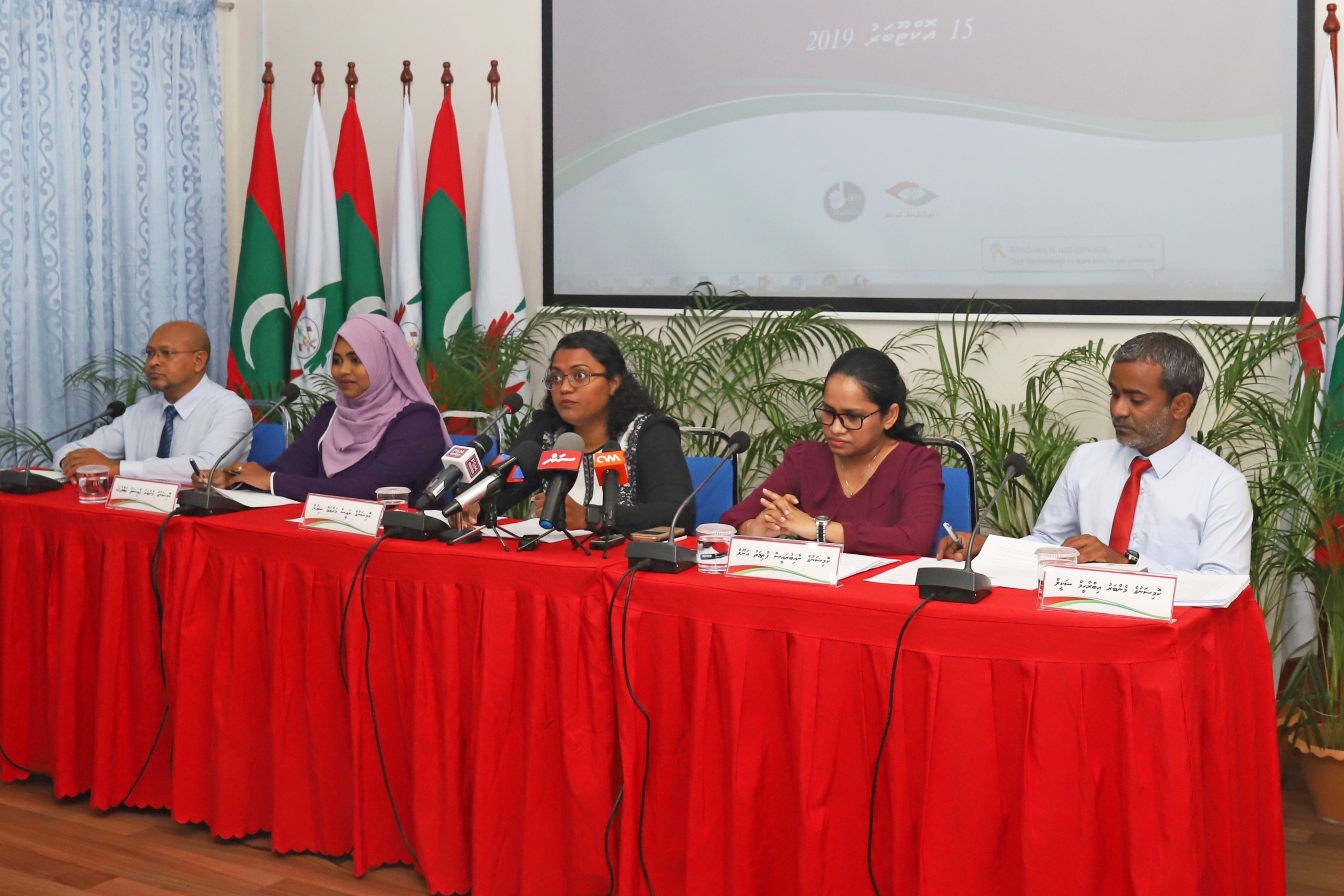Malé, Maldives – The Corruption Perceptions Index (CPI) 2021 released today by Transparency International reveals that the Maldives, has fallen three points in score and ten positions in country ranking.
Maldives continues to remains among the two-thirds of countries to score below 50 in the CPI.
The CPI annually scores and ranks 180 countries and territories by their perceived level of public sector corruption, drawing on surveys and expert assessments. The index uses a scale of zero to 100, where zero is highly corrupt and 100 is very clean.
The Maldives, with a score of 40, is ranked 85 out of 180 countries in the CPI 2021.
In the CPI 2020 Maldives scored 43 and ranked 75 in country position. The Maldives’ 2021 score was drawn from the composite assessment of three international sources: Global Insight Country Risk Ratings, Varieties of Democracy Project, and World Bank Country Policy and Institutional Assessment (CPIA). The data for Global Insight Country Risk Ratings and Varieties of Democracy Project were collected in the period January 2020 to January 2021 while the data for World Bank CPIA remained as data collected in the period January 2019 to January 2020.
According to the report, while there has been some progress in strengthening the regulatory system, the data shows that Maldives is still failing behind when it comes to effectively implementing and enforcing the laws to tackle corruption. Maldives has seen weak investigation, prosecution, enforcement, and implementation of laws resulting in increased lack of accountability of political and public officials. Additionally, CPI scores in the middle of the index indicates more complex challenges such as grand corruption which includes the abuse of high-level power that benefits the few at the expense of the many. In such cases mere technical interventions, useful in addressing petty corruption, are not enough.
As the theme for CPI 2021 explains, corruption enables human rights violations, and undermines the ability of the State to respect, protect and fulfil human rights while allowing human rights abusers to evade accountability. Human rights abuses are further detrimental to the fight against corruption and hinders the ability of the people to hold power to account. Breaking this vicious cycle requires the political will to overhaul a system that promotes corruption and protects the corrupt and creates a culture of transparency and accountability.
Transparency Maldives echoed the call by Transparency International and recommends that the Maldivian government;
- Ensure obligations under United Nations Convention Against Corruption (UNCAC) are being met, strengthen preventive, monitoring, verification and enforcement mechanisms and proactively disclose information on the mechanisms implemented and progress made;
- Ensure informed and meaningful participation of public in decisions-making, by guaranteeing access to information and publishing relevant, easy, accessible, timely data, on corruption, public spending and resource distribution;
- Strengthen capacity and resources of State Institutes to conduct full, transparent and timely investigation and prosecution. Anti-corruption authorities and oversight institutions must have sufficient funds, resources, and independence to perform their duties, free from intimidation and political influence;
- Defend democracy and promote civic space by fully implementing laws, especially related to Human trafficking and Whistleblowing, thus, creating an enabling condition for human rights defenders to hold human rights abusers, including the government, accountable;
- Hold political and public officials accountable through strengthening asset declaration regime, and ending abuse of state resources and vote buying.
Transparency Maldives further shared concerns about the vacuum created in the Anti-Corruption Commission following the resignation of all members, and further call on the Parliament to elect new members without delay and ensure the findings and recommendations highlighted in the ACC performance audit are meaningfully addressed.





